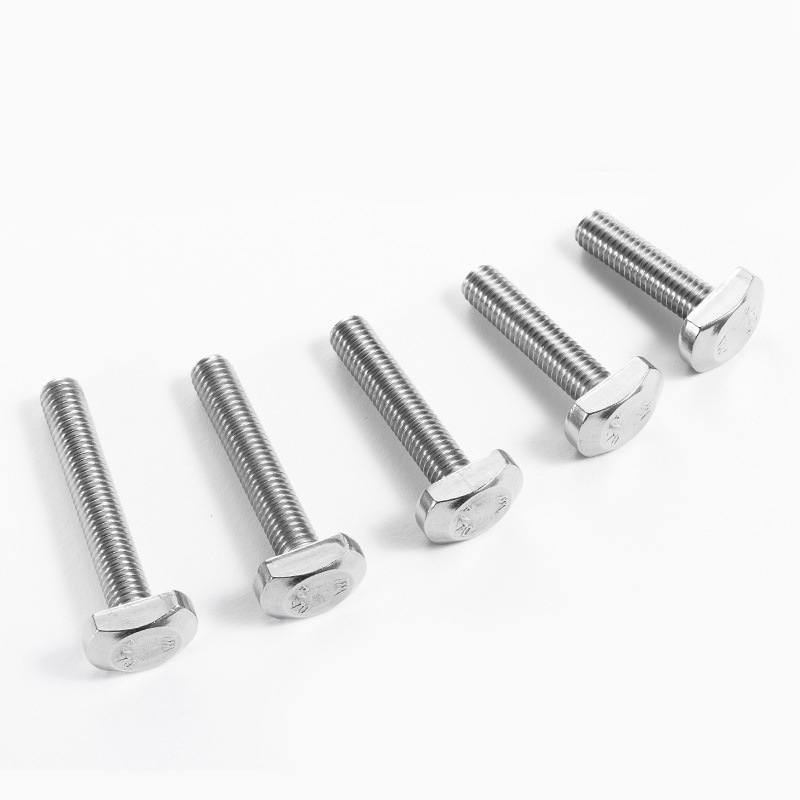

Advantages and Applications of Self-Drilling Tapping Screws in Construction Projects
Nov . 06, 2024 08:53 Back to list
Advantages and Applications of Self-Drilling Tapping Screws in Construction Projects
Understanding Self-Drilling Tapping Screws A Comprehensive Guide
Self-drilling tapping screws are essential fasteners in the construction and manufacturing industries. They provide reliable and efficient solutions for joining materials, particularly in applications where conventional screws may prove less effective. This article delves into the features, advantages, and applications of self-drilling tapping screws, helping you understand their significance in modern assembly processes.
What Are Self-Drilling Tapping Screws?
Self-drilling tapping screws, often referred to as self-drilling screws, are specialized fasteners designed to drill their own hole while also forming threads in the material they penetrate. This unique capability combines the functions of both a drill bit and a screw, enhancing installation efficiency and reducing the need for pre-drilled holes.
These screws typically feature a sharp, pointed tip that acts as a drill bit, allowing them to bore into various materials such as metal, wood, and plastic. The threads on the screw engage with the material as it is driven in, creating a secure fit without the need for additional components such as anchors or nuts.
Key Features
1. Self-Drilling Point The most defining characteristic is the self-drilling point, which allows for easy penetration into various substrates, simplifying the joining process.
2. Varied Head Types Self-drilling tapping screws come in different head types such as flat, pan, and hex, allowing them to accommodate various applications and aesthetic requirements.
3. Material Composition These screws are typically made from high-strength steel or stainless steel, offering durability and resistance to corrosion.
4. Thread Design The threads are usually designed to provide excellent grip and holding power, which is particularly beneficial in applications involving vibration or movement.
Advantages of Self-Drilling Tapping Screws
The use of self-drilling tapping screws presents multiple advantages, making them a preferred choice in various industries
self drilling tapping screws

- Time Efficiency Because they combine drilling and threading in a single action, these screws significantly reduce installation time compared to traditional fastening methods.
- Reduced Labor Costs The ease of installation often leads to lower labor costs, as fewer tools and processes are necessary to achieve a secure joint.
- Versatility They can be used in different materials, including thin metal sheets, which makes them suitable for a wide range of applications from automotive to construction.
- Stronger Joints The ability to create a precise and secure fit enhances the overall integrity of the assembly, which is vital for both safety and functionality.
Applications
Self-drilling tapping screws are widely used in numerous applications, including but not limited to
- Metal Roof and Wall Systems These screws are extensively utilized in the assembly of metal buildings, where strong and reliable fasteners are essential to withstand environmental stresses.
- Automotive Manufacturing The automotive industry relies on self-drilling screws for assembling various components, ensuring that they maintain structural integrity under vibrational loads.
- Electrical Installations In electrical and HVAC installations, these screws are perfect for securing panels and ductwork, simplifying the process significantly.
Conclusion
Self-drilling tapping screws represent a brilliant innovation in the realm of fasteners. Their unique ability to drill and tap simultaneously reduces the time and effort required for assembly, making them a favorite in many industries. As technology evolves, we can expect further improvements in the design and materials of self-drilling screws, continuing to reinforce their status as indispensable tools in construction and manufacturing. Understanding and utilizing these screws effectively can lead to optimized operations and better overall project outcomes.
Latest news
-
Premium Fasteners Manufacturer | AI-Driven Solutions
NewsAug.01,2025
-
Hot Dip Galvanized Bolts - Hebei Longze | High Strength, Corrosion Resistance
NewsAug.01,2025
-
High-Strength Hot Dip Galvanized Bolts - LongZe | Corrosion Resistance, Custom Sizes
NewsAug.01,2025
-
Best Self Tapping Screws for Drywall - Fast & Secure Installation
NewsJul.31,2025
-
High-Strength Hot Dip Galvanized Bolts-Hebei Longze|Corrosion Resistance&Customization
NewsJul.31,2025
-
Hot Dip Galvanized Bolts-Hebei Longze Metal Products|Corrosion Resistance&High Strength
NewsJul.31,2025

